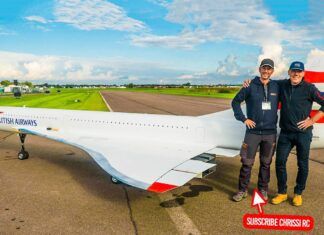
The erratic work schedules of air traffic controllers often cause chronic fatigue, endangering the system’s safety, according to a 2011 NASA report that The Associated Press saysthe FAA “kept secret for years.” The FAA now has posted the report online (PDF), hours after the AP posted its story.Controllers participating in the study wore a wrist device that recorded when they were asleep, the AP said. They also kept logs of their sleep, and took alertness tests several times per work shift.Schedules worked by 76 percent of controllers in NASA’s field study led to chronic fatigue, creating pressure to fall asleep, NASA found.
The impetus for the study, according to the AP, was a recommendation by the NTSB to the FAA and NATCA to revise controller schedules to provide rest periods that are long enough “to obtain sufficient restorative sleep.” The FAA asked NASA to conduct the study.In a July 2014 memo attached to the report, the FAA’s vice president for safety and technical training, Joseph Teixeira, said the FAA had “concerns” that NASA’s report was too “judgmental” and went “beyond the original purpose and scope” of the study the FAA had requested.
In a news release posted online Monday, the FAA said it “implemented a comprehensive Fatigue Risk Management System to manage controller fatigue” in 2012, which included changes in scheduling that the FAA said have had a positive impact on the fatigue problem. “Although fatigue is an issue in any 24/7 operation, the FAA has taken many positive steps to minimize fatigue,” according to the news release. “The fatigue modeling we’ve done shows that there is greater alertness using these updated scheduling practices.”
“Safety is NATCA’s top priority,” NATCA said, in a statement emailed to AVweb by spokesman Doug Church on Tuesday. “That is why we have worked collaboratively with the FAA to implement policies that help controllers cope with fatigue issues. Real progress has been made over the past four years when this report was first completed. That being said, improving and enhancing the safety of the system is something we strive to do every single day.”

































